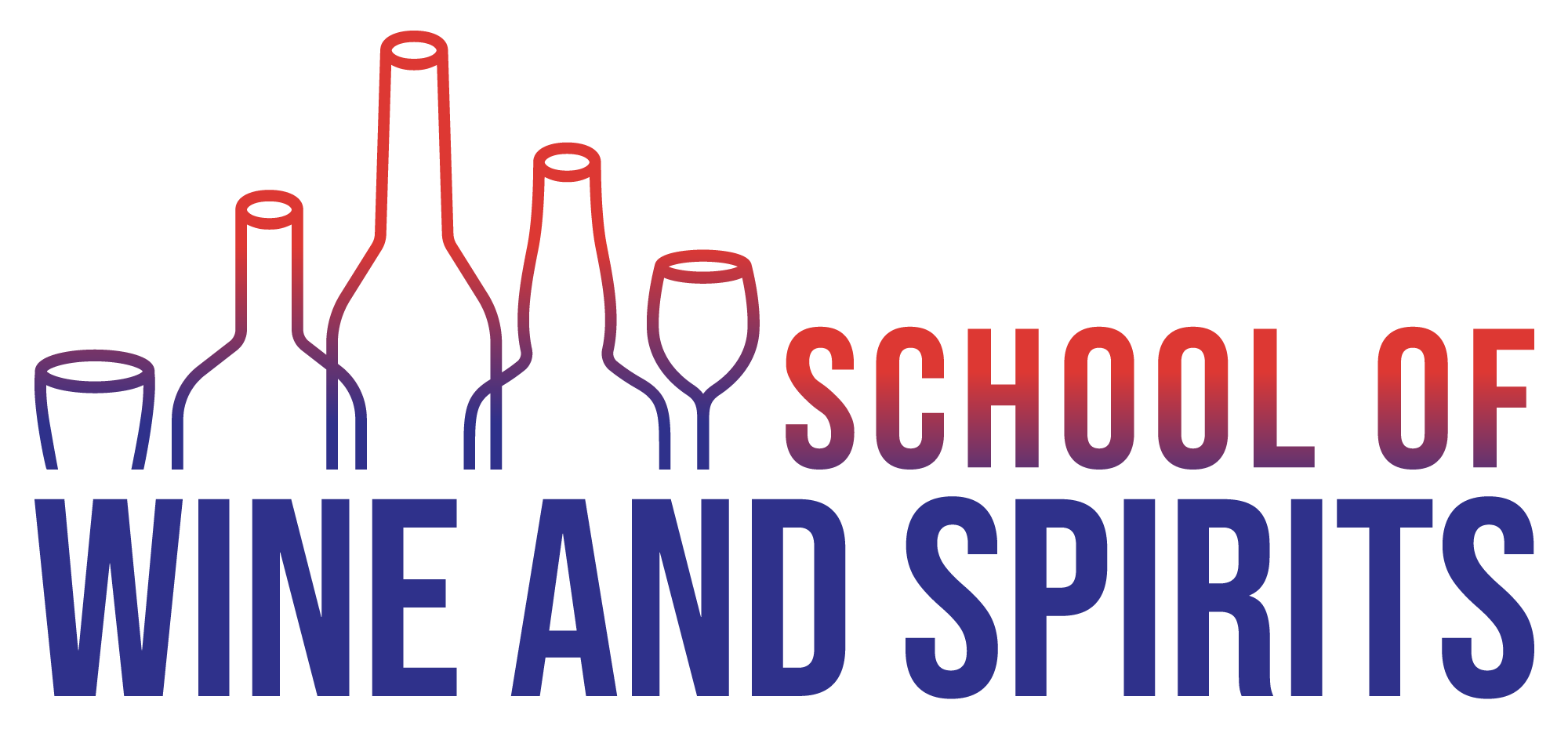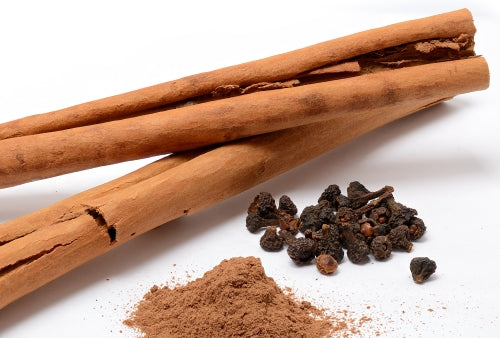 Researchers look at the perceptible qualities of rye and Bourbon and conclude there's no real difference.
Researchers look at the perceptible qualities of rye and Bourbon and conclude there's no real difference.
Whiskeyvolk disagree:
(Researcher Jacob) Lahne’s selection of what he calls “commercial” whiskies used in the study contain just one with no corn (
Bulleit Rye) and one with no rye (
Maker’s Mark). The rest were blends of both corn and rye, inevitably exhibiting attributes of both. As noted by Dr. Lahne, “it is possible for a 2% difference in mashbill to tip a whiskey from one category into the other”, and it is not possible for even the most discerning tasters to consistently recognize such a small difference.
“You can’t tell the difference,” says (author Lew) Bryson, “because there’s a hell of a lot of rye in your bourbon.”
“The chemistry of rye is different from the chemistry of corn or wheat or malt,” says Nicole Austin, General Manager and Distiller at
George Dickel. “What doesn’t follow is that is going to be expressed in the final product in a way that is strong enough that you’re going to pick it up. Mashbill is only one of 10 or 20 decisions that relate to the final flavor.”
Rye is extremely subtle aromatically, but it adds some spicy sensations on the palate. The moral of this story is if you want to drink rye, drink a rye that doesn't include other grains. This is not to say that rye/corn mixes are illegitimate or low quality. Far from it. Some of our favorite whiskies are "rye" that contains a lot of corn. At this very moment we're sipping Old Forester Rye, which contains about 15% corn. It's the best $20 whiskey we know of.
 Researchers look at the perceptible qualities of rye and Bourbon and conclude there's no real difference.
Researchers look at the perceptible qualities of rye and Bourbon and conclude there's no real difference.


Share:
Do Distilleries Have Signature Aromas?
The Coming Peat War